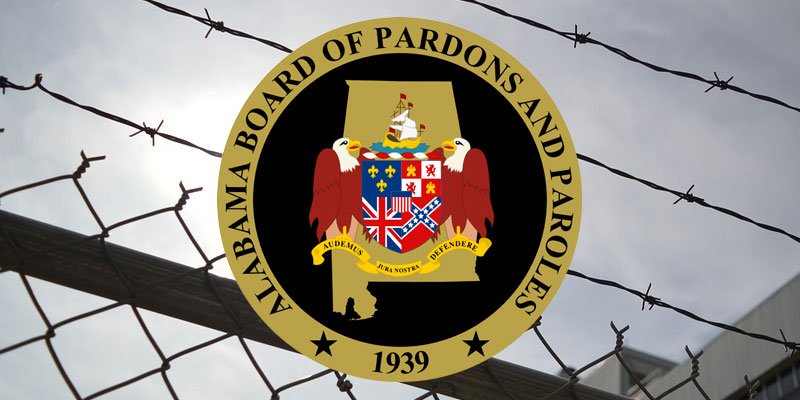
Alabama Pardon and Parole Board’s Leadership Transition
The term of the Alabama pardon and parole board came to an end this week, prompting discussions about who will take over as the new board leader. Gwathney, who was appointed by Governor Kay Ivey in 2019, is nearing the end of her six-year term.
According to Alabama law, it’s the governor who appoints the members of the parole board, but this requires the Senate’s advice and consent. A nomination committee, made up of Lieutenant Governor Will Ainsworth, House Speaker Nathaniel Leadbetter, and Senate Speaker Pro Tempore Gadger, is responsible for providing a list of five candidates to the Governor.
However, it remains unclear if this list has been finalized or if the committee will convene to discuss potential candidates.
Pending a new appointment, Gwathney may continue to serve until her successor is formally named and approved. Although board appointments need Senate confirmation, state law allows appointees to continue in their roles while waiting for confirmation. Interestingly, the legislature won’t reconvene until 2026.
In recent years, lawmakers have scrutinized the operations of the parole committee due to rising concerns over declining parole approval rates, insufficient transparency, and non-compliance with the board’s guidelines for release decisions. In response, oversight measures have been proposed, linking budget funding to the establishment of revised guidelines and pushing for increased accountability.
One notable initiative, Senate Bill 324, was passed by the Alabama Senate Judiciary Committee during the 2025 legislative session. While it didn’t get enacted, the bill aimed to expand the board’s membership from three to five and shift the authority to appoint the board chair from the governor to the board itself, requiring Senate confirmation for all board appointments. It also suggested a new timeline for reconsidering parole after a denial, contingent on the crime’s details.
This bill was prompted by frustrations from lawmakers regarding the board’s delayed responses to oversight inquiries and its failure to update parole guidelines, which is mandated every three years. Lawmakers pointed out that the board’s adherence to its own guidelines has been notably low, culminating in an average parole approval rate and compliance rate of around 20%. This implies that internal recommendations might be considerably higher.
With the future leadership of the Parole Board yet to be determined, uncertainty looms over Alabama’s parole policies as everyone waits for the next steps in the appointment process.
















